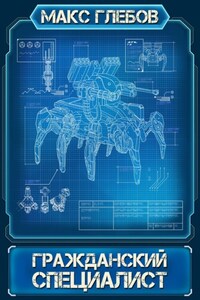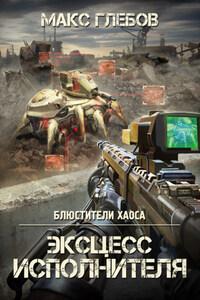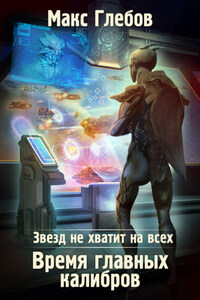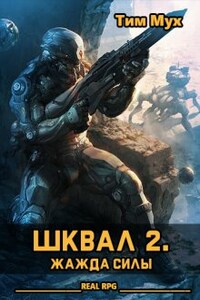The Second Shock Army went forward in the direction of Luban, and my corps was left to guard the left flank of the breakthrough in the area, directly adjacent to the west bank of the Volkhov River. Realizing the magnitude of the problem, Colonel General von Küchler decided not to strike immediately at the base of the ledge formed by the Soviet offensive, but instead concentrate his efforts on slowing the advance of Klykov's army.
As a result, there was a temporary lull in my area of the front, and to be honest, I was only happy about it. My corps lost a quarter of its personnel and more than a third of its tanks. There was almost nothing left of the Kudryavtsev’s Air Regiment. Virtually all of the surviving planes were in need of repair, and the regiment, which did everything in its power in this operation, had to be taken immediately to the rear to be re-formed. On top of that, Colonel Tsaitiuni's artillerymen had used up all the special ammunition. The Katyushas' regiment had a similar situation – there were only one full salvo of thermite shells left. So I was not anxious to go into battle, and the command of the Volkhov front was well aware that my corps needed a respite to replenish the weakened units with men and equipment.
After shifting all current affairs to my subordinates, I ordered them not to disturb me unless absolutely necessary and closed myself in my office in one of the surviving buildings of the former school of aviation mechanics in the village of Selishchi on the eastern bank of the Volkhov River. Here, at last, I had the opportunity to quietly deal with the new information that had so unexpectedly fallen on my head right in the middle of the combat flight.
I knew I wouldn't have much time. A call from Moscow or from the front headquarters could come at any minute. I had no doubt whatsoever that I would not be left as commander of this corps, which had successfully completed its offensive task and was now on the defensive for a long time. Nevertheless, I still counted on a few hours of pause.
The Moonbase artificial intelligence report gave me contradictory feelings. The power of command is a good thing, of course, except that I seem to be in command of the wreckage and the ruins. The rebel cruiser did its job very well. In fact, only some rooms of the lower level of the base remained relatively intact, and by no means the most important ones. Probably some of the destroyed utilities and equipment could have been repaired, but the computer did not have accurate data about the state of some sectors and even entire levels of the base, as the few surviving repair drones were unable to get through the many meters of debris of polymer concrete that had formed when the slabs collapsed.
I immediately had to give up hope that there was a reserve fighter, or at least some unarmed science team ship, somewhere in a distant warehouse. Such a machine, even into a laid-up mode, would immediately respond to the base's central computer and send it a concise report on the status of key systems.
In fact, what the drones that survived the attack managed to do should have been considered a rare stroke of luck, after all, they were deprived of a unified leadership and isolated from each other in dilapidated rooms and corridors. The artificial intelligence of one of the eight surviving repair drones, having rather modest capacities, took over the coordination of the brigade, that had spontaneously formed, and in ten months, the drones managed to partially restore power to the base and, most importantly, to get to the central computer unit and start up two of its seven system modules. From here on, the repair progressed more smoothly. The base AI took charge of the work, in addition, it had much more authority to interrogate and subdue equipment and systems that remained at least partially functional, than the repair drones.
The long-range communications system was beyond repair, which was to be expected – the rebels destroyed it first, using no less than a dozen long-range missiles for the purpose. Things were a little better with short-range communications, although at first the weak transmitters of the repair drones could hardly reach even the satellites orbiting Earth. These devices were designed to operate within the Moonbase, and communication systems were not their strong suit. Once the central computer started up, the problem was solved, but as it turned out, the repair drones couldn't go any further in rebuilding the base on their own.
Heavy equipment was needed to remove the rubble. The only well-protected multipurpose tunneler available at the base, was buried under tons of soil and ceiling debris in one of the hangars on the second underground level. It responded to the central computer and even reported no serious damage, but the machine was not able to get out from under the rubble on its own, though it tried, so it was not to be expected to help in the foreseeable future.
Neither the arsenal's computer nor the transmitters of the combat equipment it contained responded to requests. This meant that the boarding robots and other autonomous mechanisms were destroyed or severely damaged, or they would have been in contact long ago.














